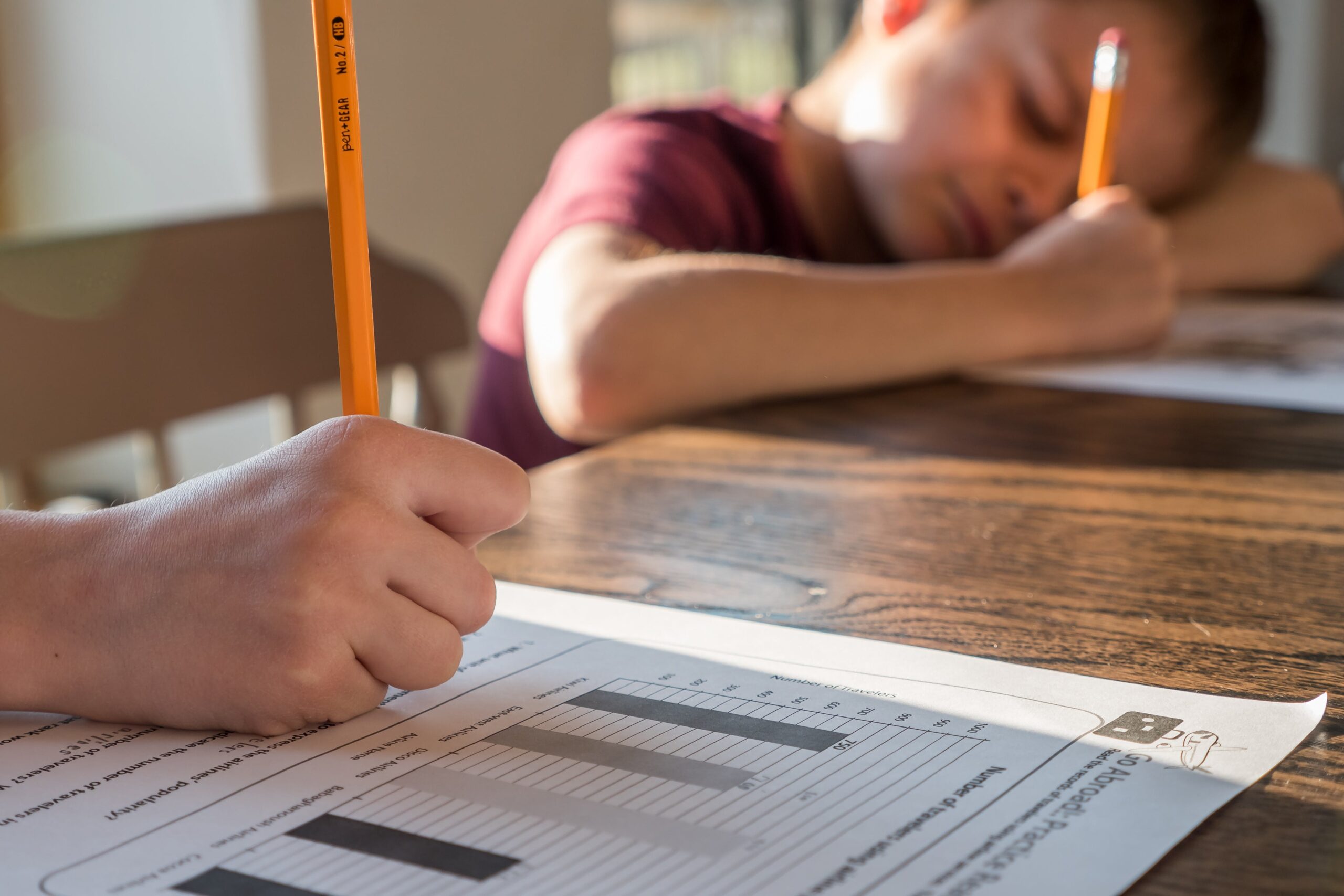 My previous blog regarding the resumption of required admissions testing for MIT ended with a speculation:
My previous blog regarding the resumption of required admissions testing for MIT ended with a speculation:
Now that MIT has recognized that standardized tests are a valid part of the admissions process, it may be only a matter of time before other selective colleges follow their lead. Perhaps admissions testing will make a comeback.
Is that prediction about to become reality? Although attributed to school closures, higher education’s resistance to standardized testing actually occurred years before the pandemic. In the absence of testing, admissions officers relied on subjective indicators of students’ suitability for enrollment: school transcripts, teacher recommendations, community service, essays, and extracurricular activities. However, none of these provide an objective view to judge success in a university. A recent article in the New York Times indicated that relying on school grades is unreliable due to grade inflation.
A recent study “used admissions records and first-year college grades from multiple Ivy-Plus colleges for students between 2017 and 2022” and presented three findings:
- Finding #1: Students with higher SAT/ACT scores are more likely to have higher college GPA’s than their peers with lower scores.
- Finding #2: High school GPA does a poor job of predicting academic success in college.
- Finding #3: Students from different socioeconomic backgrounds who have comparable SAT/ACT scores receive similar grades in college.
US News & World Report has published this year’s list of 10 highest-ranking National Universities and the five highest-ranking National Liberal Arts Colleges that have maintained their SAT/ACT requirements. So, once again higher education appears to be revising its assessment of assessments.

